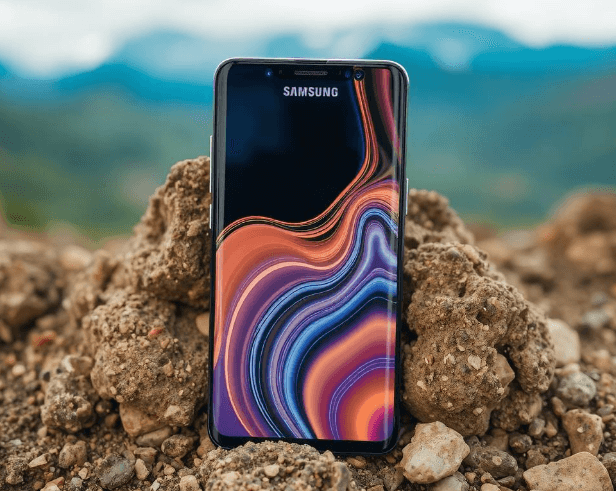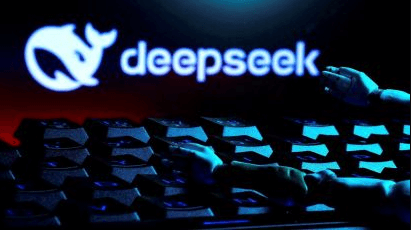The U.S. Supreme Court has agreed to hear an appeal from TikTok’s parent company, ByteDance, challenging a federal law that mandates the sale of TikTok or faces a ban in the United States. This decision comes amid ongoing national security concerns regarding the app’s Chinese ownership and its potential implications for American users’ data privacy.
In April, 2024, President Joe Biden signed the Protecting Americans from Foreign Adversary Controlled Applications Act into law requiring ByteDance to sell from TikTok by January 19, 2025. If not, the app could get banned from the US’s stores and internet hosting service thereby preventing new downloads to gain access to it.
The law particularly singles out those applications whose ownership lies under the countries listed as foreign adversaries, hence it directly lists TikTok as it pertains to a Chinese conglomerate.
Legal Challenge
On May 7, 2024, TikTok, and ByteDance also filed a lawsuit against U.S. Attorney General Merrick Garland, claiming that PAFACA runs afoul of the First Amendment by threatening to rob the company and its users of their free speech. They contest this argument on grounds that the government’s concerns are mere hypotheses, without solid evidence of a security threat from TikTok.
Furthermore, ByteDance argues that the Chinese government would never allow TikTok’s algorithm-the key reason behind the app’s unprecedented success in the U.S.-to be part of any sale.
Despite these observations, the law was upheld unanimously by the United States Court of Appeals for the District of Columbia Circuit on December 6, 2024, against constitutional claims made by TikTok. The company appealed the ruling to the Supreme Court days later based on First Amendment issues surrounding the divestiture/ban.Supreme
Court Involvement
The Supreme Court’s decision to hear the case was swift, with oral arguments scheduled for January 10, 2025, just days before the divestment deadline. This expedited timeline underscores the case’s significance, given TikTok’s vast user base in the U.S. and the broader implications for digital platforms owned by foreign entities.
National Security Concerns
U.S. officials have long expressed concerns that TikTok could be forced to share user data with the Chinese government, posing a national security risk. TikTok has repeatedly denied these claims, saying it is committed to user privacy and data security.
The company has argued that a forced sale or ban would set a bad precedent for the regulation of digital platforms and could infringe the First Amendment rights of its users.
Implications
The result of the case has great implications for the technology industry, international business relations, and the regulation of digital platforms.
A ruling for the government could mean that other foreign-owned applications will face closer scrutiny and possible restrictions; a ruling for TikTok could establish the relevance of free speech considerations in regulating digital platforms.
With the January 19 deadline looming, all eyes are going to be watching the deliberation of the Supreme Court and what it portends for the future operation of TikTok in the United States.






Leave a Reply